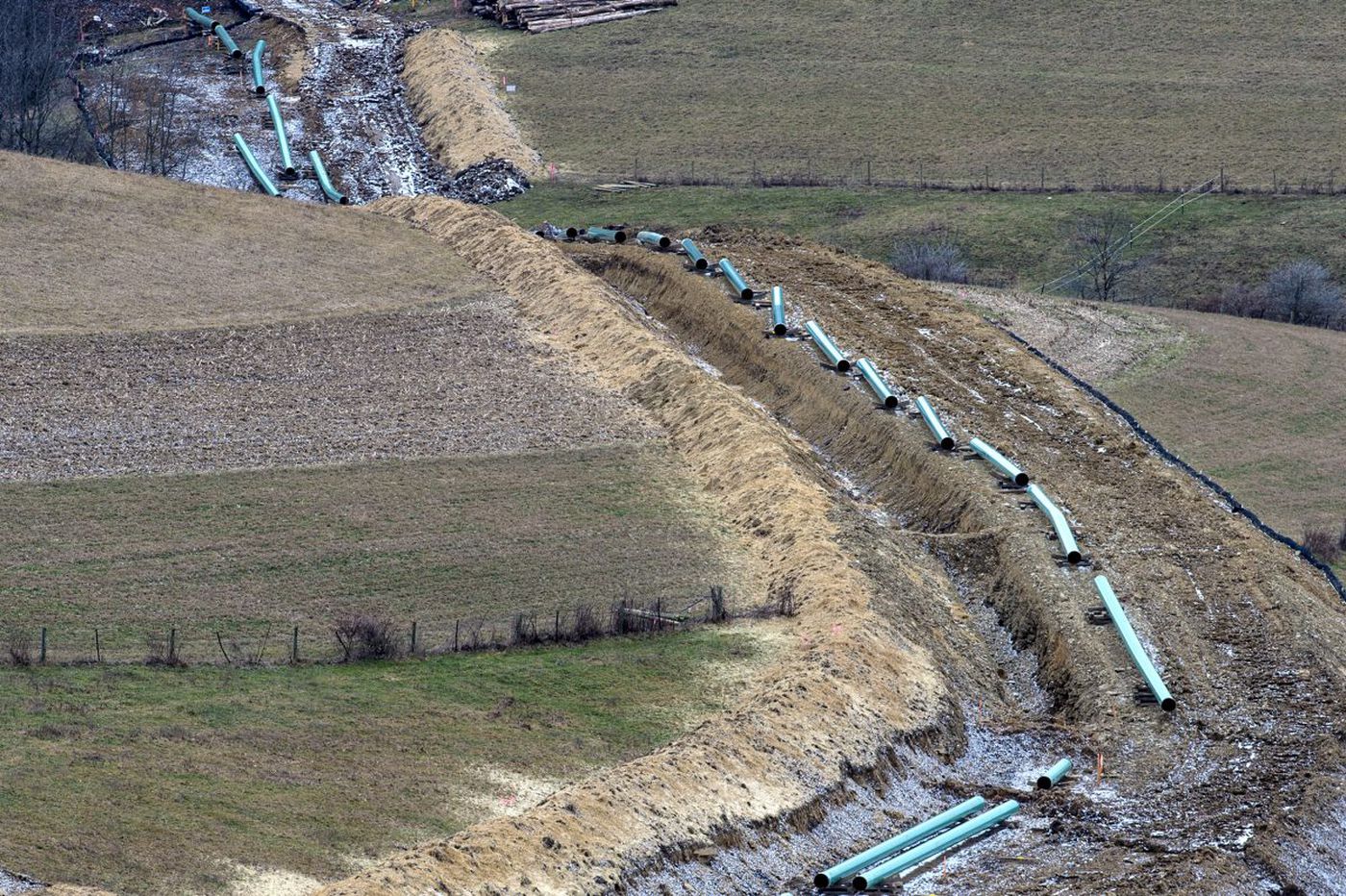Court Strikes Down Feds’ “Kafkaesque” Approach to Fracked Gas Pipeline Permitting

Controversial FERC Practice Rejected, but Without Relief for Atlantic Sunrise Petitioners
Tuesday, June 30, 2020
WASHINGTON, D.C. — Today, the U.S. Court of Appeals for the District of Columbia Circuit issued an opinion ruling against the Federal Energy Regulatory Commission’s (FERC) controversial practice of issuing what are commonly known as tolling orders. The decision has major implications for how fracked gas pipelines get approved and built in the United States.
The ruling means FERC cannot use tolling orders to keep challengers out of court while allowing polluting corporations to condemn private property and move forward with building and operating dirty, dangerous fracked gas pipelines. FERC has a longstanding practice of issuing tolling orders to allow projects to move forward while landowners and environmental advocates wait for FERC to render its final decision. This results in an unfair process that one judge called “Kafkaesque.”
The crux of the case is that under the Natural Gas Act, a party wishing to challenge FERC’s authorization of a pipeline must first request “rehearing” from the Commission before going to court. Congress required FERC to act on these requests within 30 days, or else the party can go straight to court. FERC, however, claimed it could indefinitely extend that 30-day deadline by issuing so-called tolling orders, which “grant” the request but only for the purpose of delaying the 30-day deadline. These orders put affected landowners and environmental advocates in “administrative limbo” because FERC says court challenges are premature since it has not made a “final” decision on the request for rehearing, while at the same time maintaining that its decision is final for purposes of eminent domain and pipeline construction. The Court rightly found that the tolling orders are not among the actions Congress in the Natural Gas Act authorized FERC to take in response to rehearing requests. From now on, FERC will be required to act on rehearing requests within 30 days, which will allow for review by the courts at a meaningful time before harmful pipeline construction begins.
As a result of FERC’s tolling order practice, the Atlantic Sunrise Pipeline was built and had been operating for two months before the court heard oral arguments in the case challenging FERC’s approval. However, today’s ruling will drastically alter how similar challenges will be evaluated in the future.
Joseph Otis Minott, Esq., Executive Director and Chief Counsel of Clean Air Council, said:
“This decision is an incredible victory for regular people and for American values, not least in Pennsylvania where FERC’s illegal tolling orders have held justice out of reach for so many who had the misfortune to be in the way of pipeline companies’ profits.
In response, Kelly Martin, Director of the Sierra Club’s Beyond Dirty Fuels Campaign said:
“For far too long and far too often, FERC has prioritized the profits of polluters over the people and communities they should put first by delaying decisions indefinitely that would give communities access to court before a pipeline project is constructed. Finally, the court has unequivocally said FERC’s tolling orders are unlawful. Now, the government must stop allowing construction of pipelines while keeping the courthouse doors closed to those who are directly affected by them.
“While many communities across the country can be relieved by the establishment of a precedent for any dirty pipelines proposed from here on, those in the path of the dirty, dangerous Atlantic Sunrise pipeline remain at risk. We will still fight to protect the health of the people, climate, and communities that this project threatens.”
Ben Luckett, Senior Attorney for Appalachian Mountain Advocates, said:
“FERC’s practice of barring the courthouse doors while at the same time allowing pipeline companies to bulldoze through forests, streams, and private property was obviously unjust. We’re glad that the Court agreed with us that it’s also illegal. And although we’re disappointed that relief came too late to protect the natural treasures and human communities in the path of the Atlantic Sunrise pipeline, this decision means that people will now have access to judicial review before pipeline construction causes irreversible damage.”

